Cooking Uses:
• Upma: Sooji is often used to make upma, a savory dish made by sautéing sooji with vegetables, spices, and seasonings.
• Halwa: Sooji is a key ingredient in making halwa, a sweet pudding-like dessert, by cooking it with sugar, ghee, and nuts.
• Idli and Dosa Batter: Sooji is used along with urad dal to make batter for idlis and dosas, traditional South Indian breakfast items.
• Pasta and Noodles: Sooji is used in making pasta and noodles, especially in regions where durum wheat is prevalent.
• Bread and Pastries: Sooji is sometimes added to bread and pastry recipes to improve texture and crumb structure.
Nutritional Content:
• Carbohydrates: Sooji is primarily composed of carbohydrates, making it a good source of energy.
• Protein: It contains some amount of protein, although not as much as whole wheat flour.
• Dietary Fiber: Sooji is lower in fiber compared to whole wheat flour but still provides some fiber to the diet.
• Vitamins and Minerals: Sooji contains various vitamins and minerals, including iron and B-vitamins, which are essential for overall health.
Health Benefits:
• Energy Boost: Sooji provides a quick source of energy due to its high carbohydrate content.
• Digestive Health: While not as high in fiber as whole wheat flour, sooji still contributes to digestive health and regularity.
• Iron Source: Sooji contains iron, which is important for oxygen transport in the body and preventing iron-deficiency anemia.

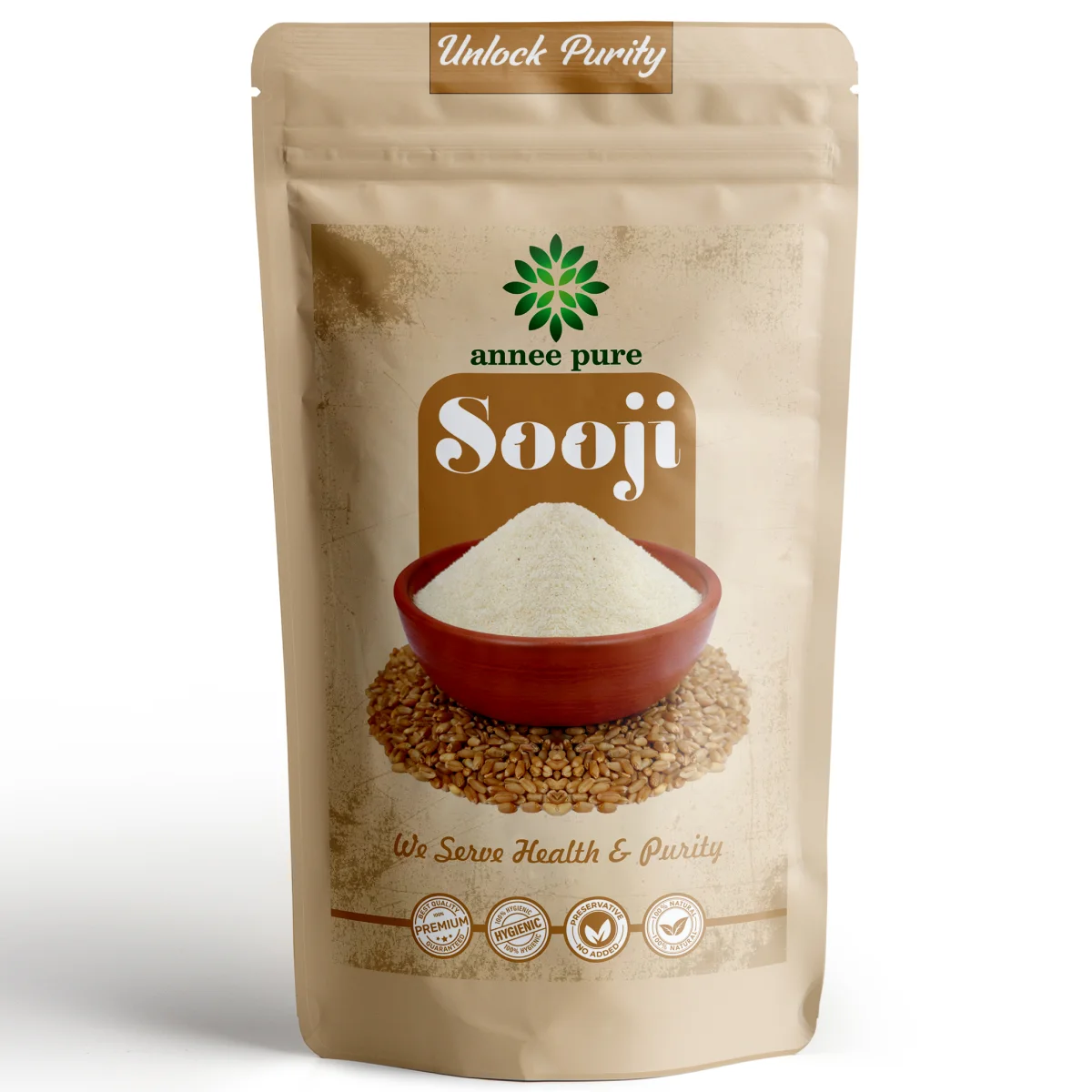
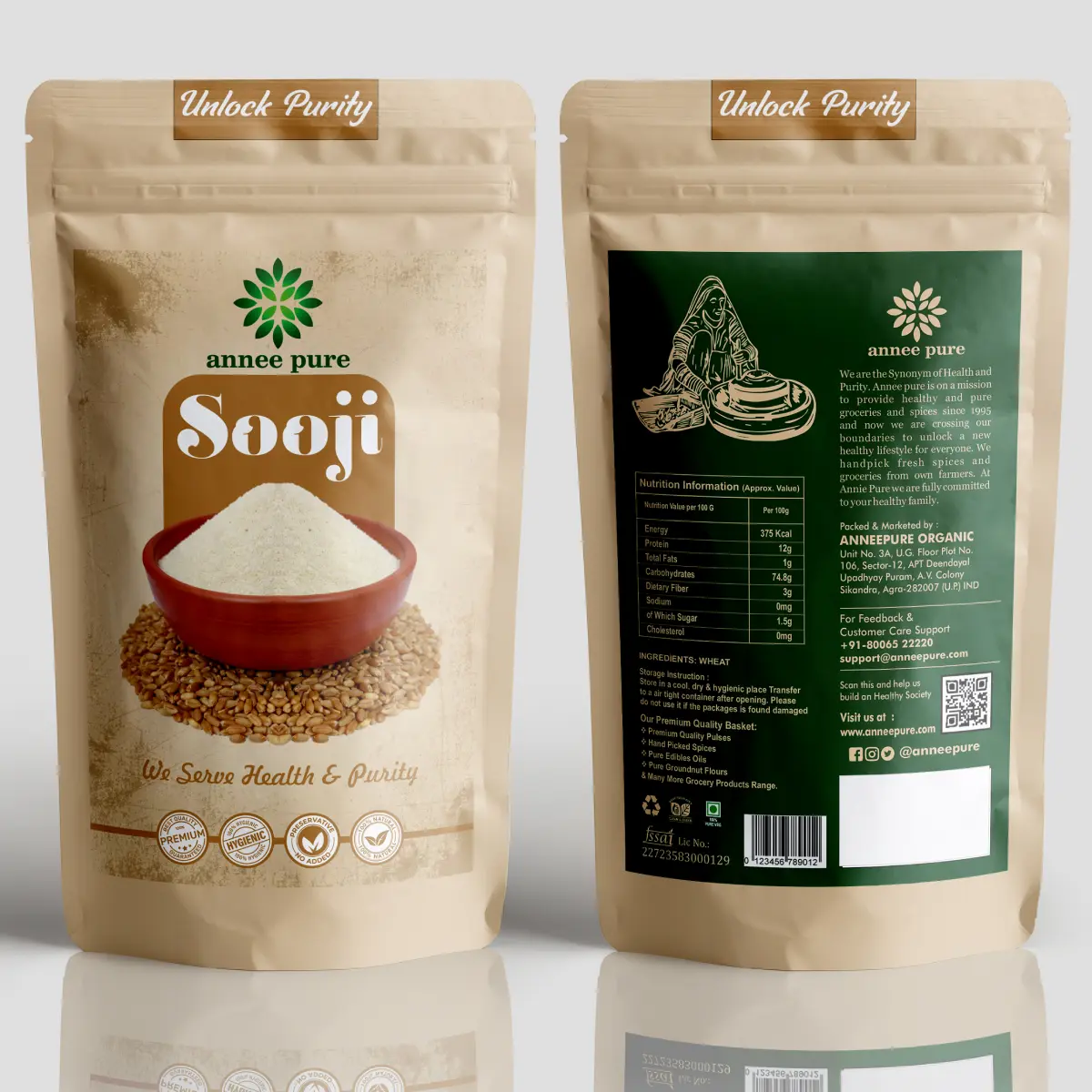



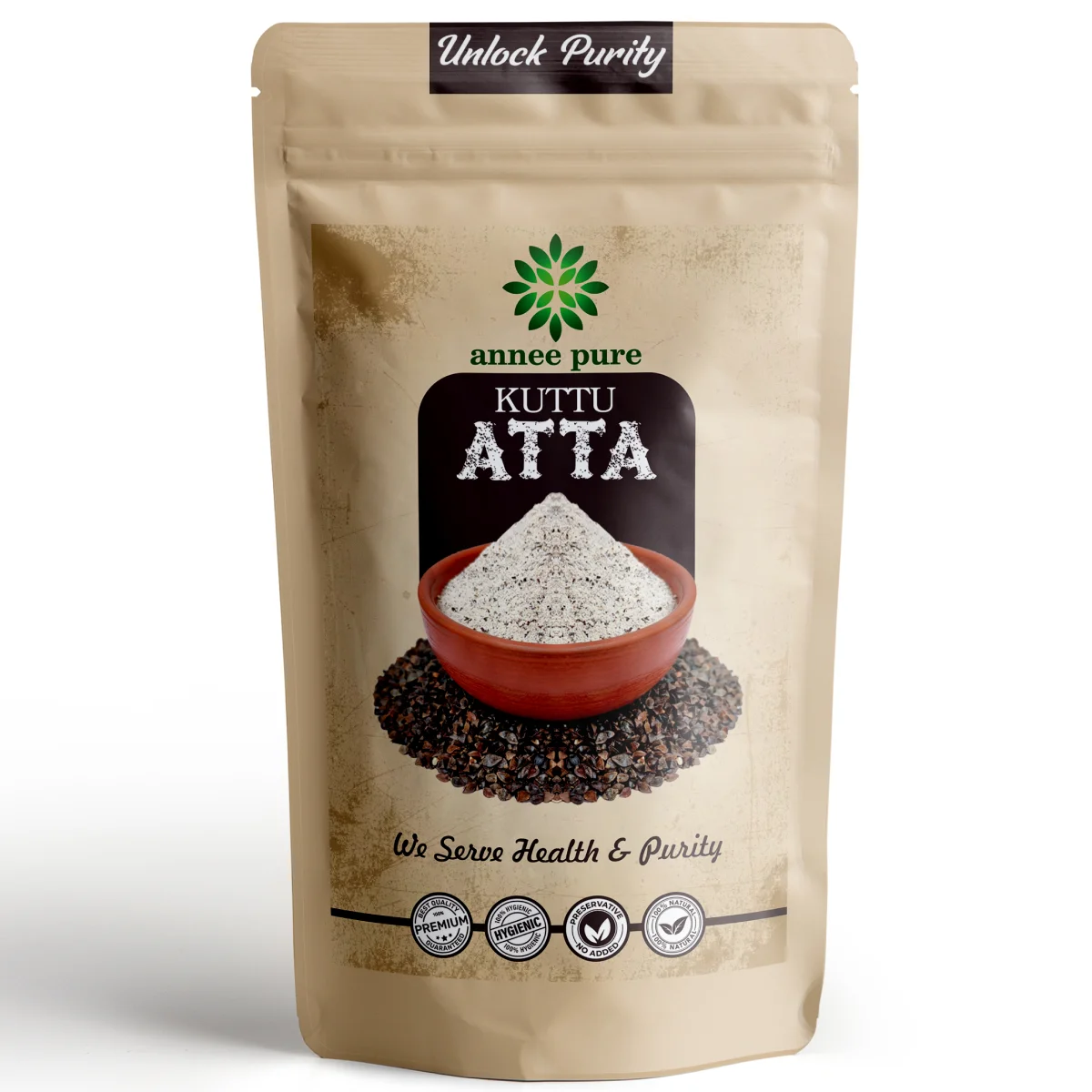
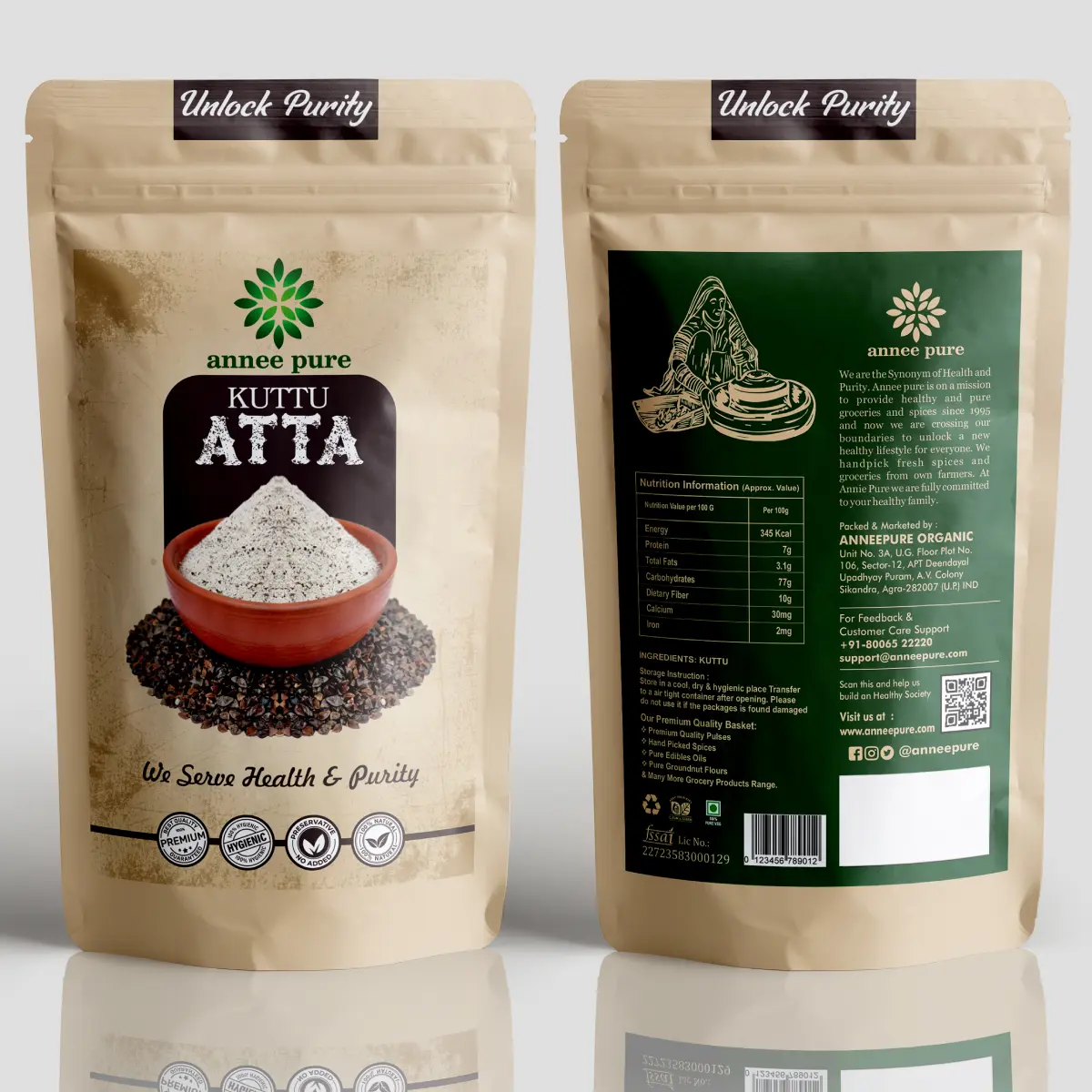
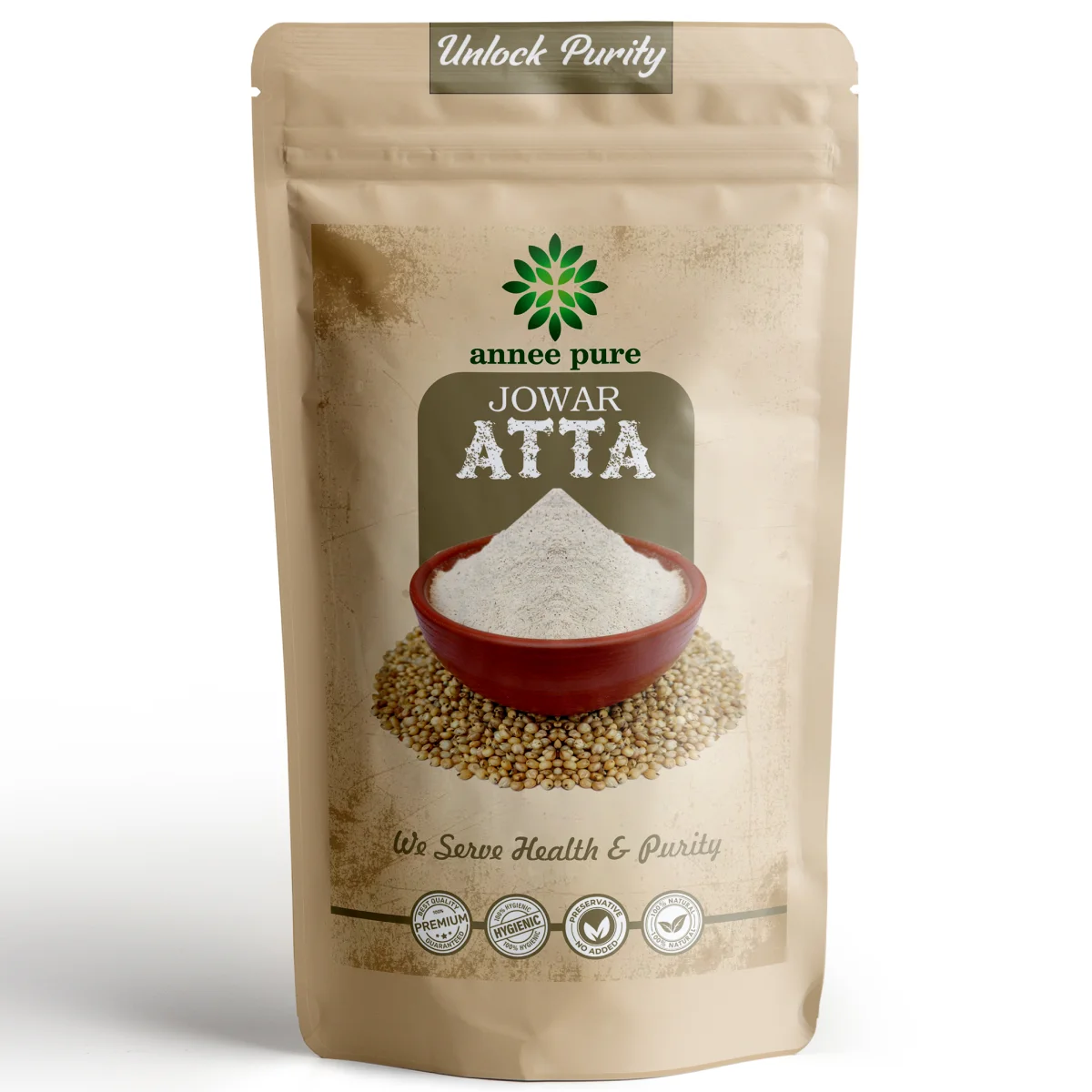
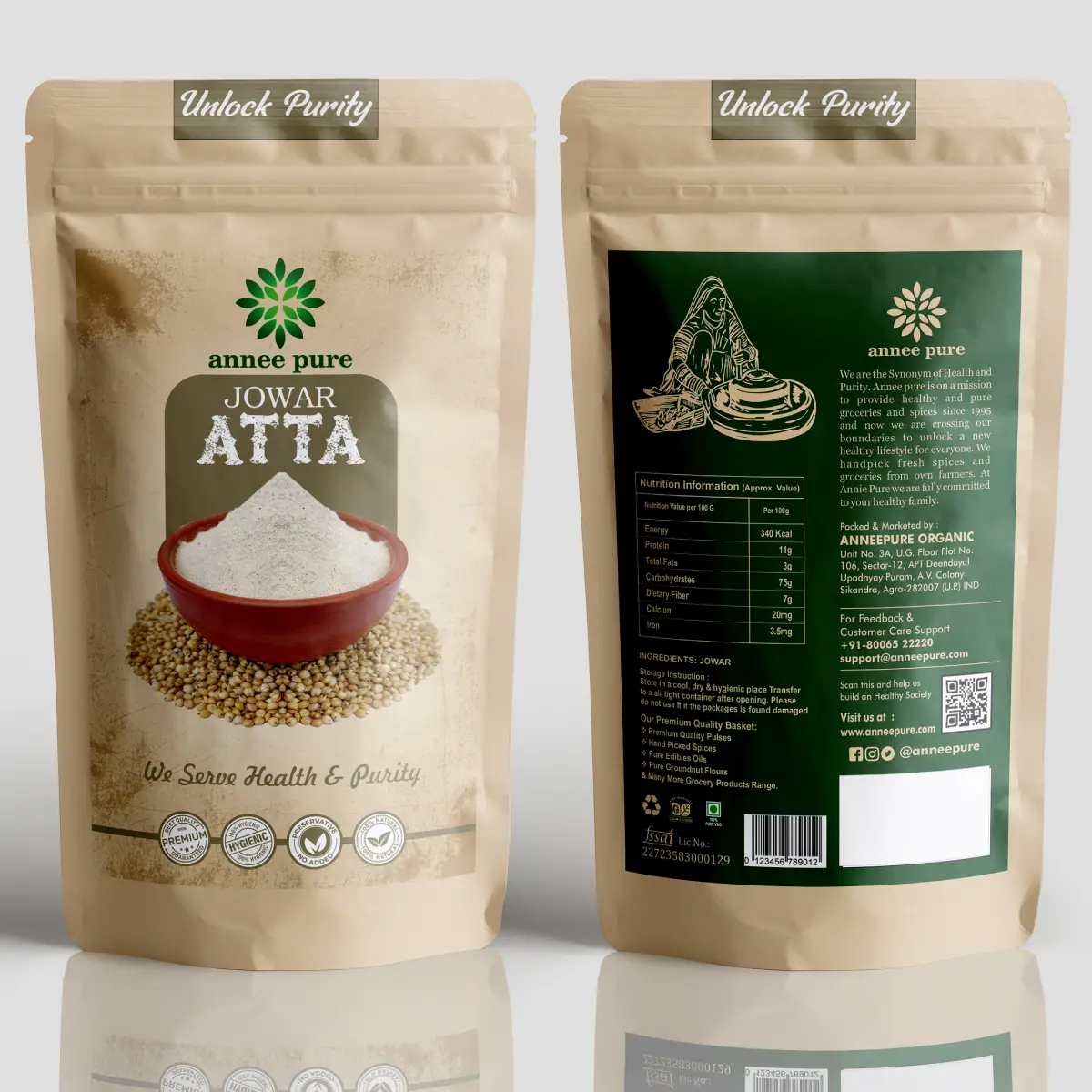
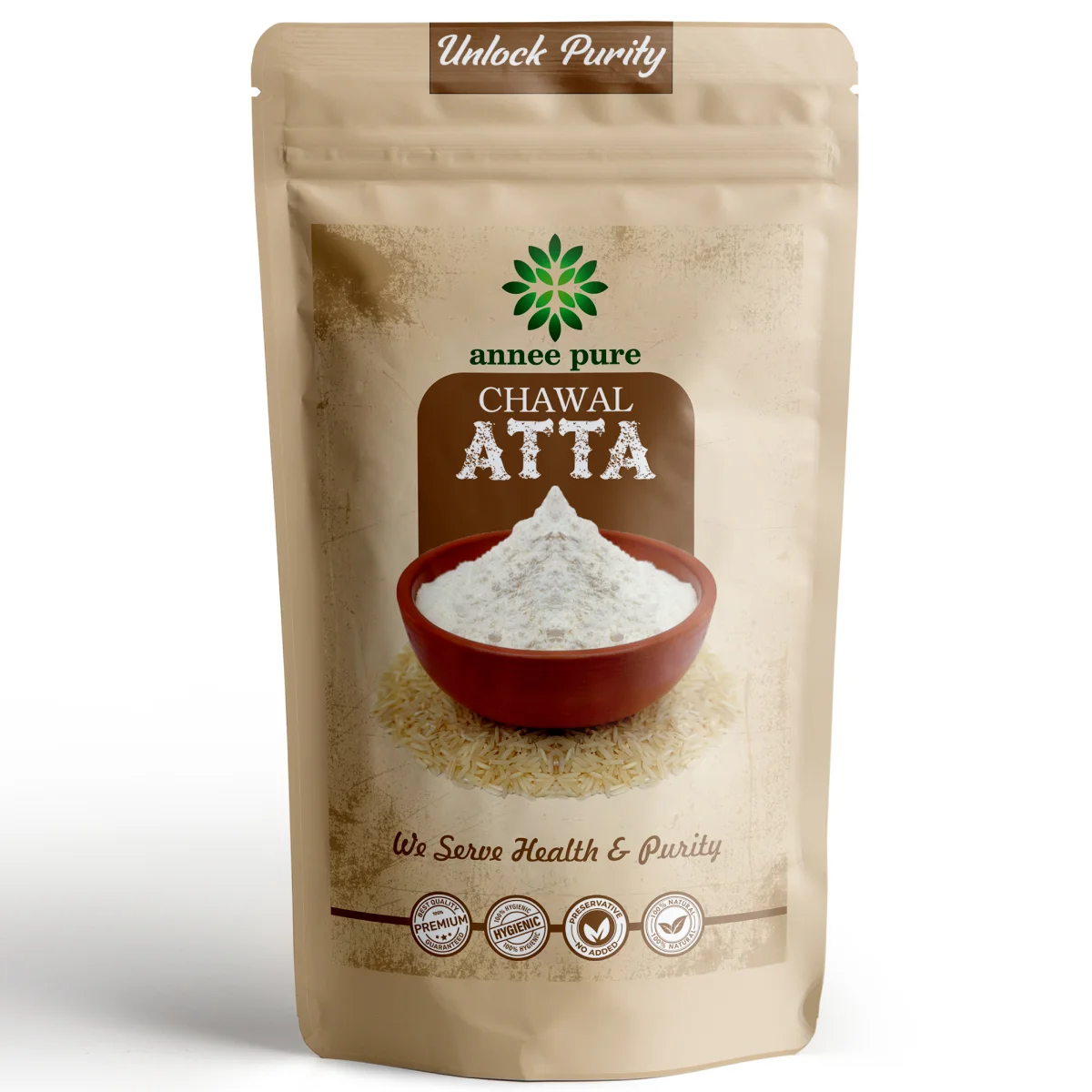
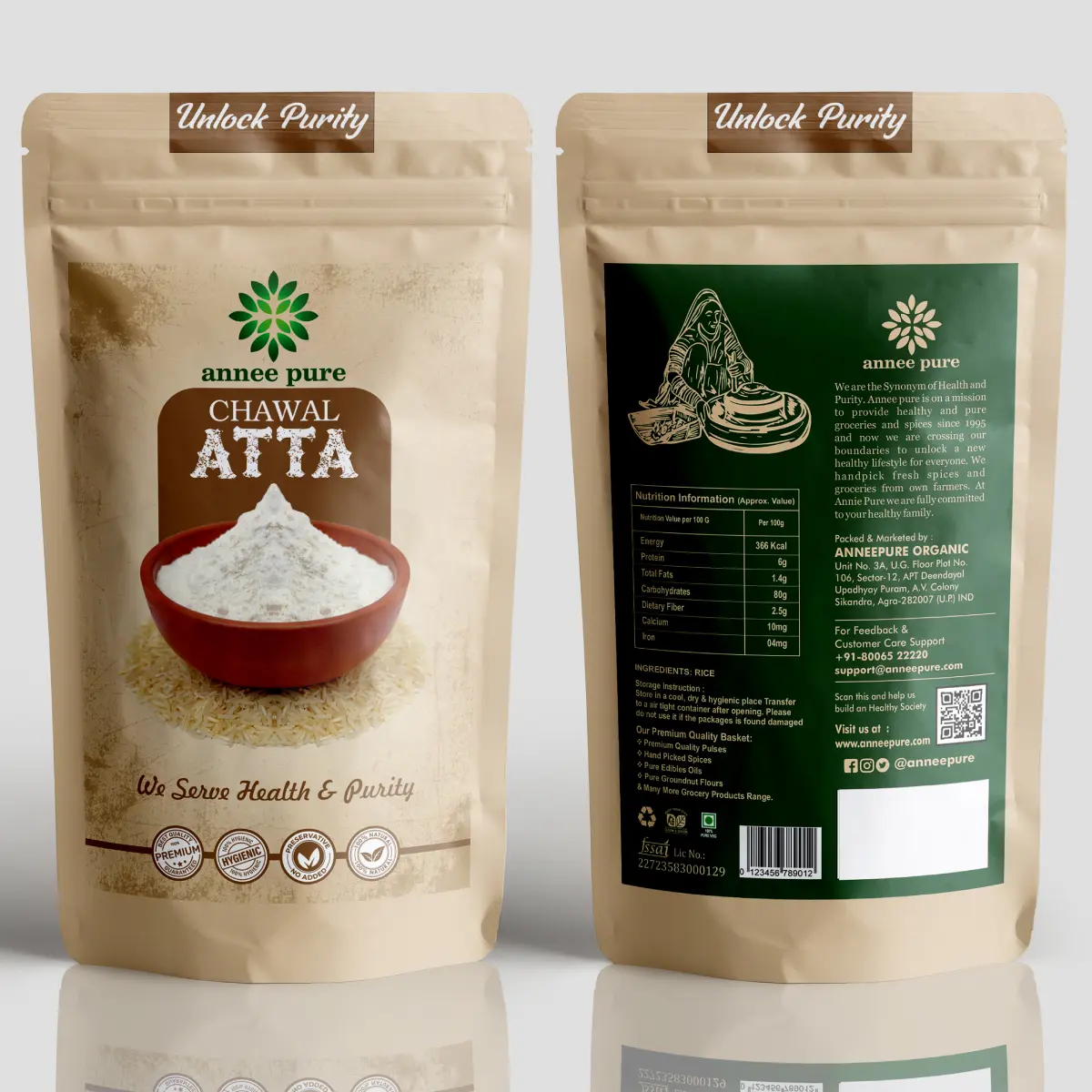
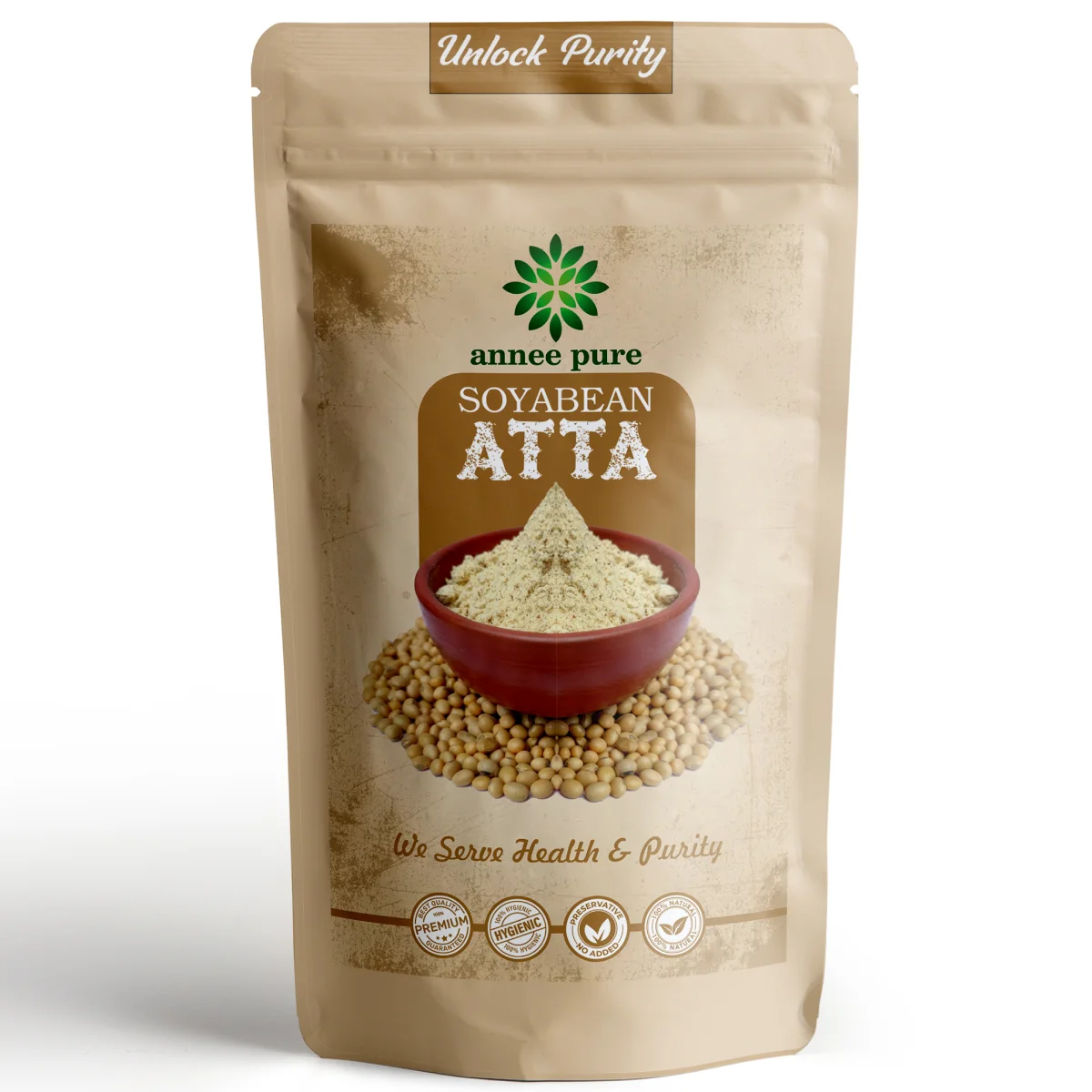
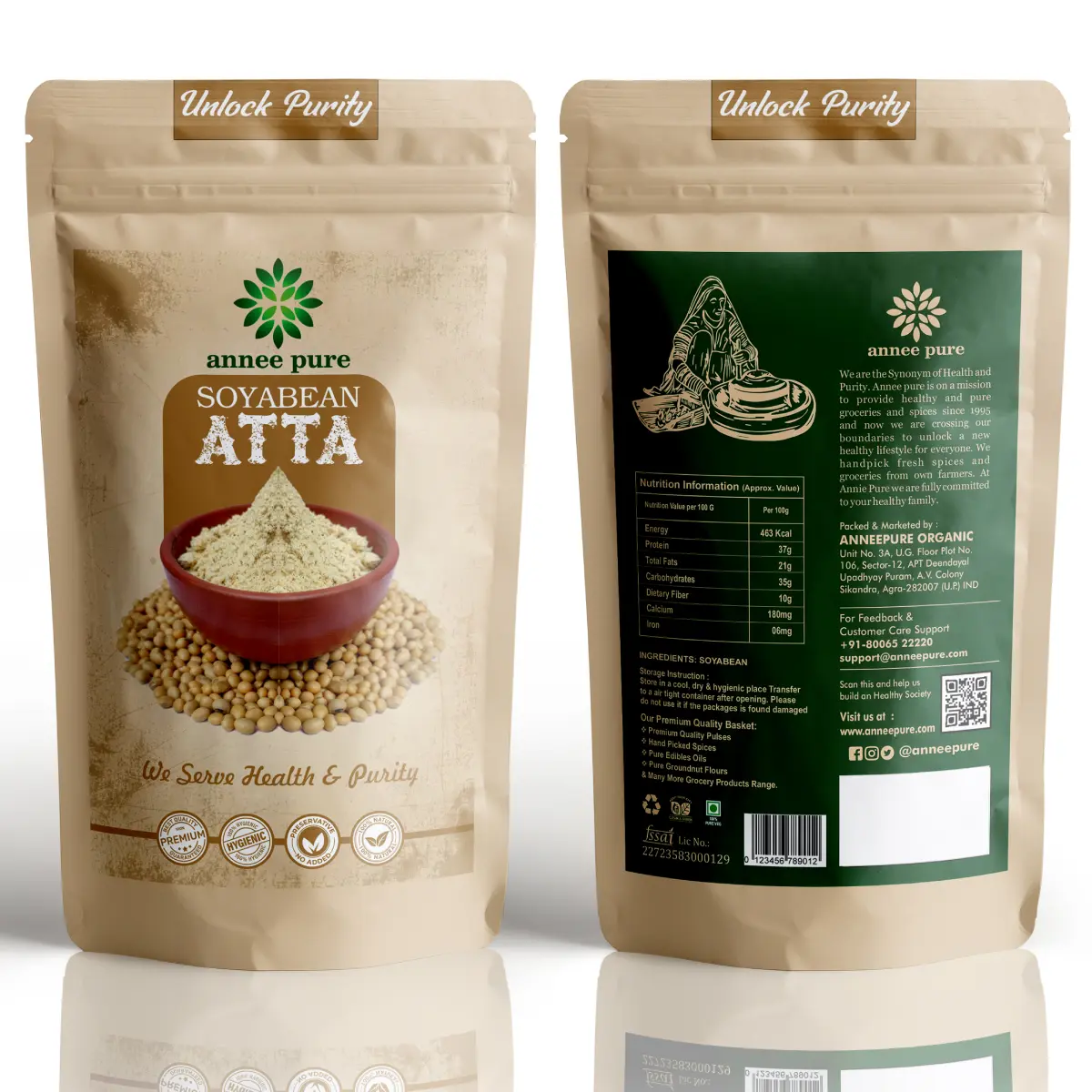
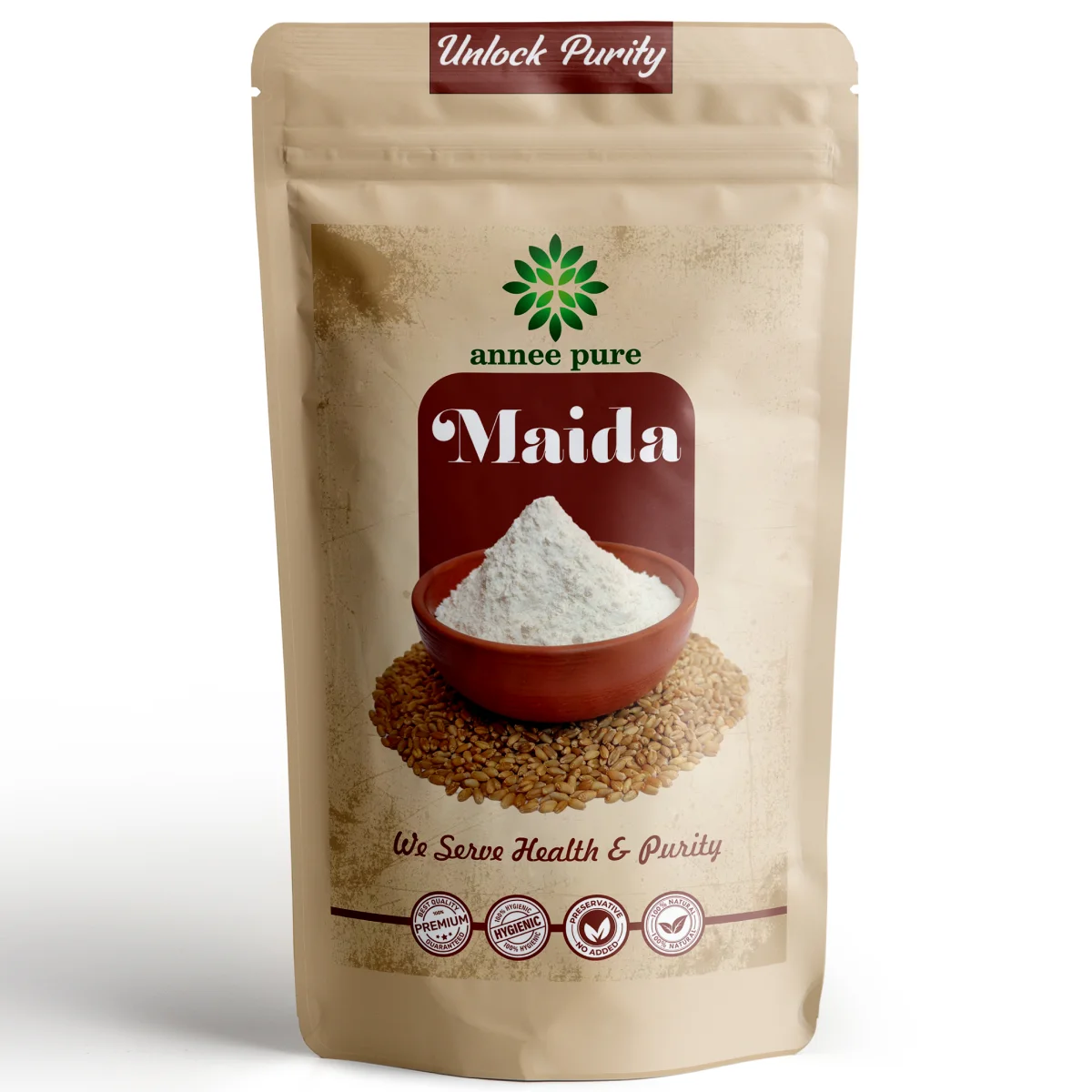
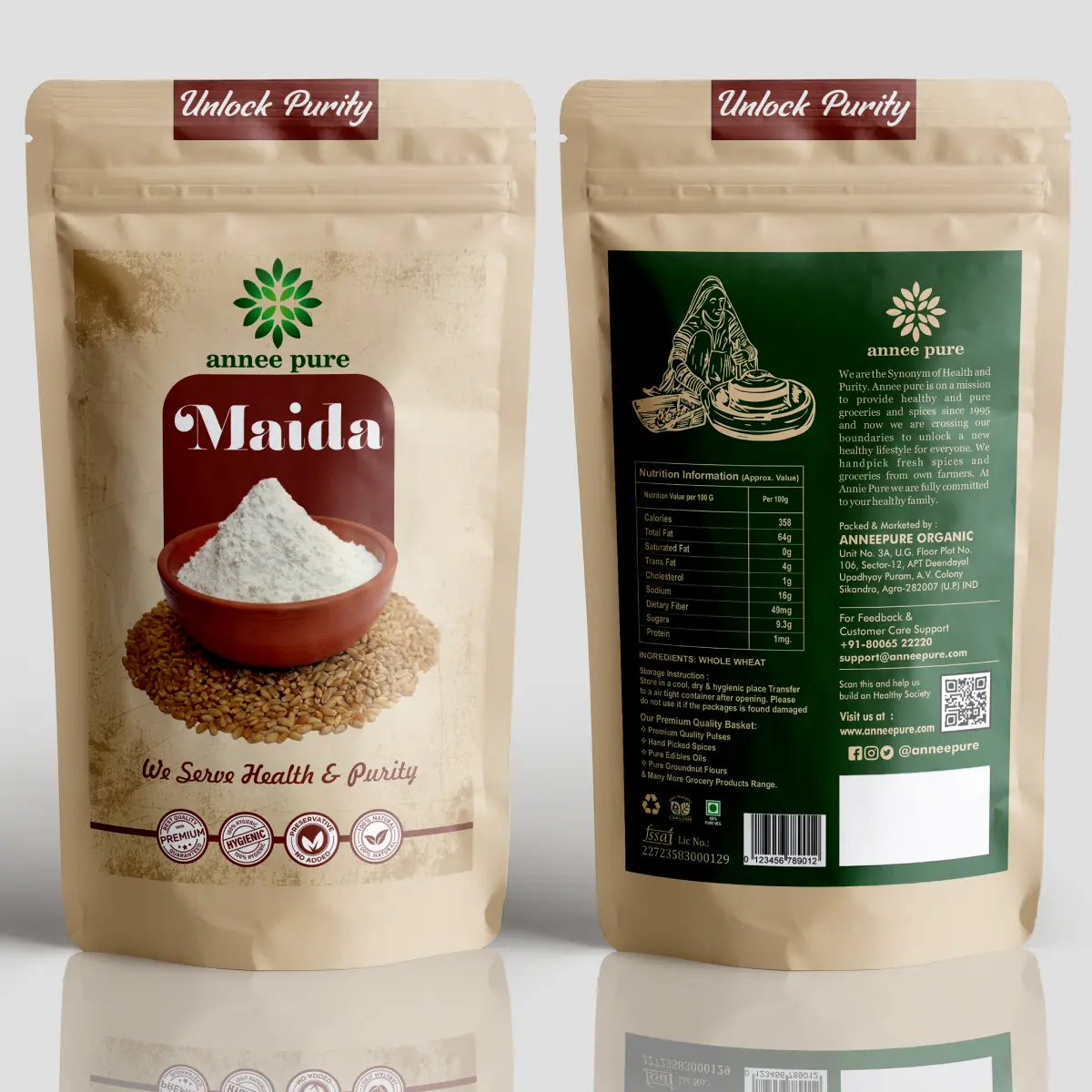
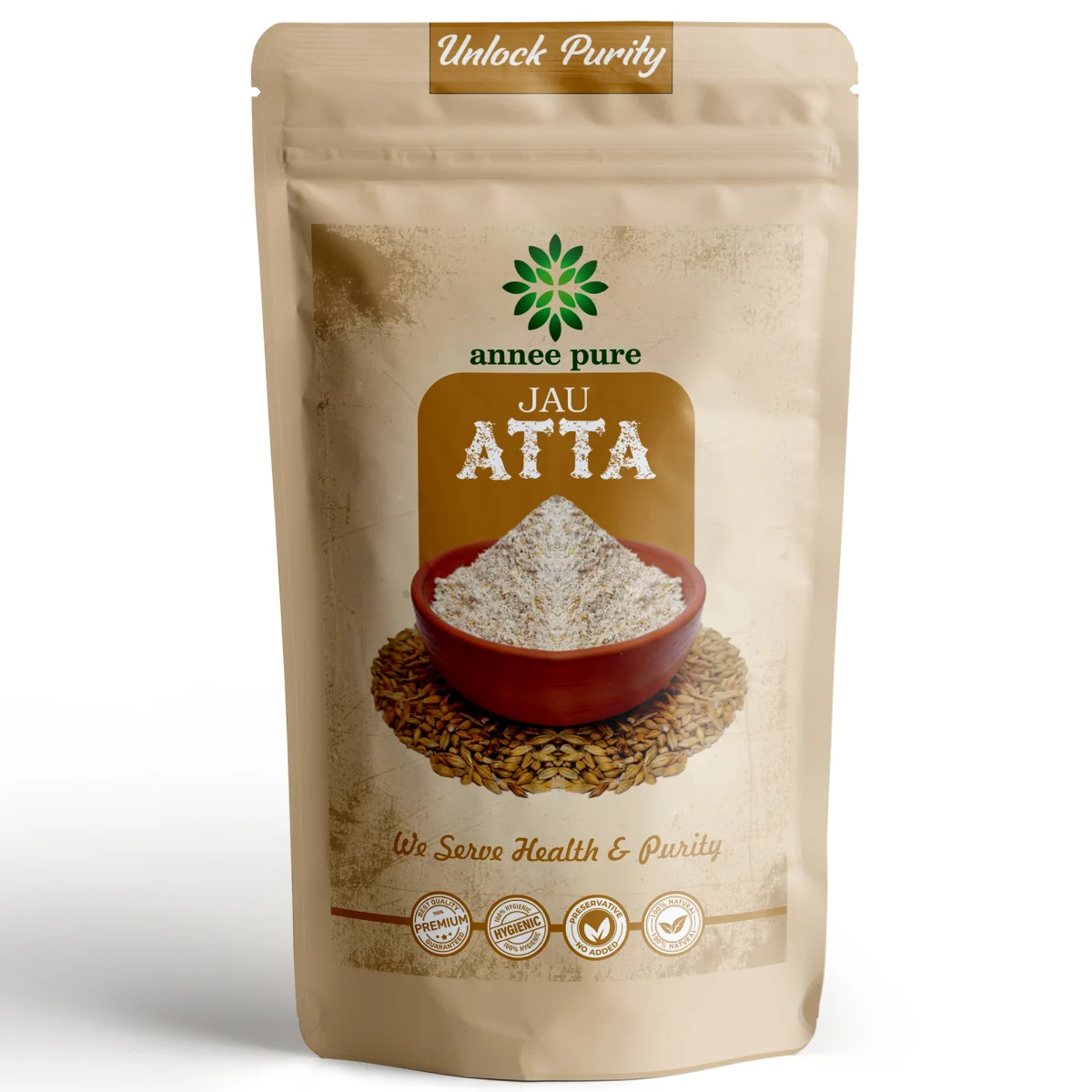
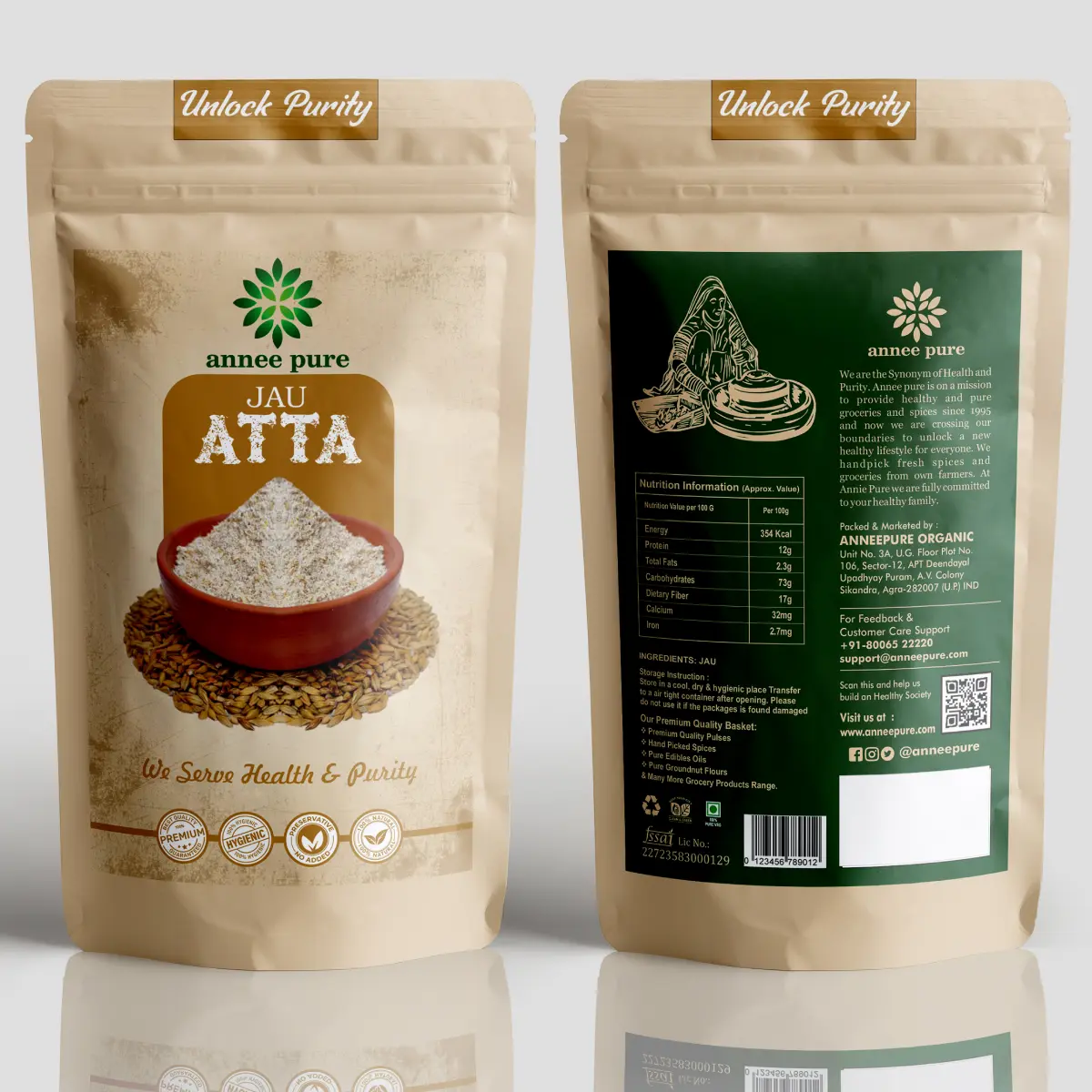
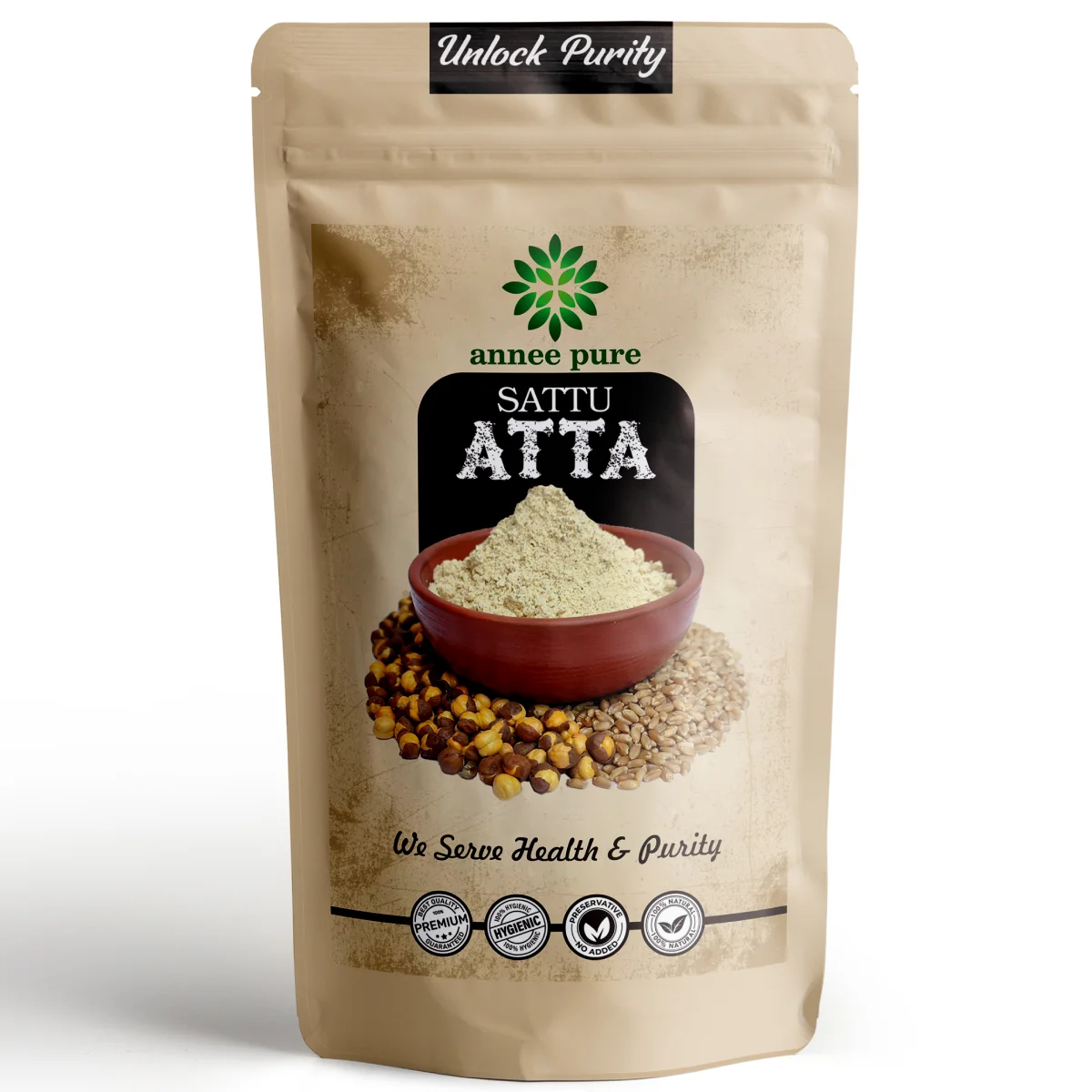
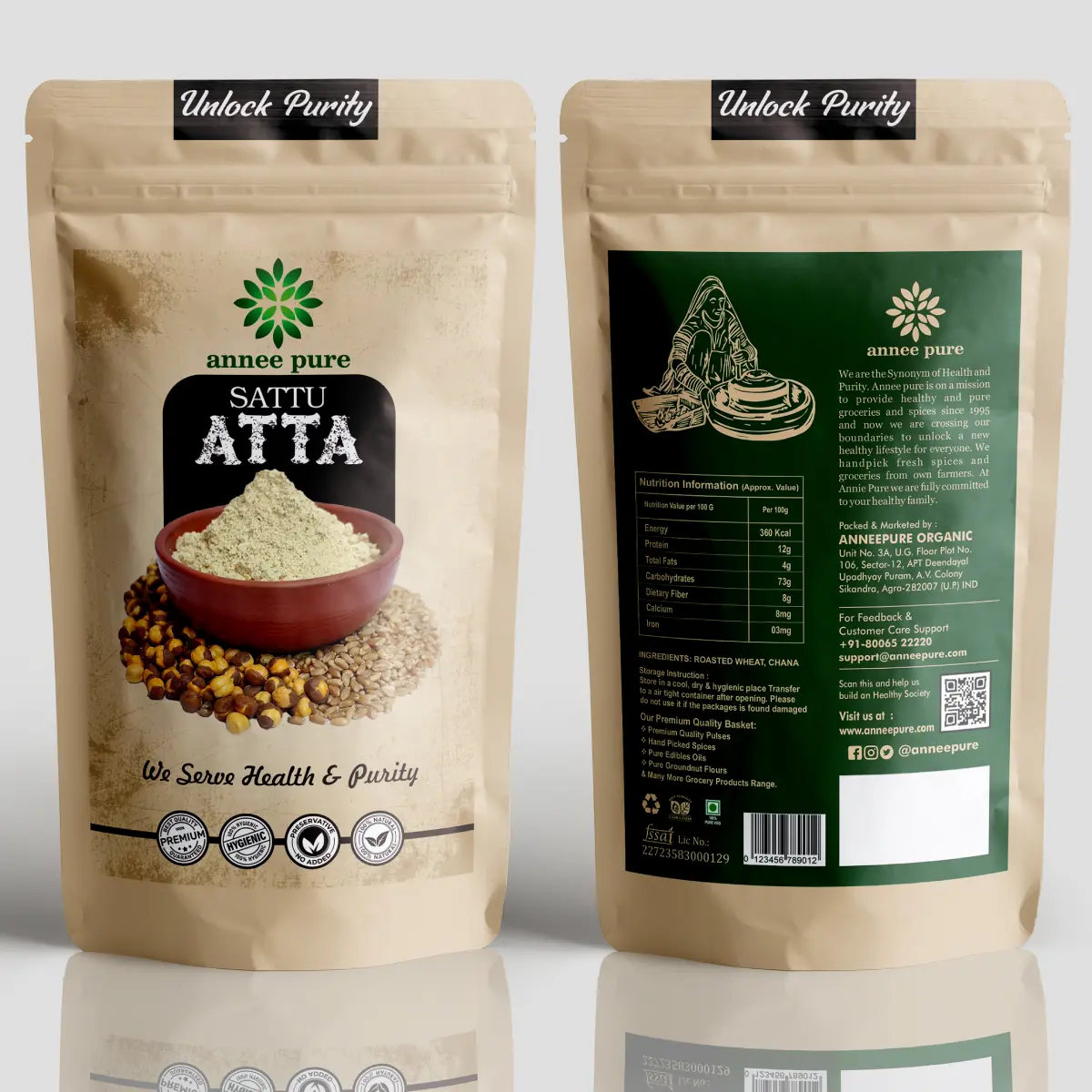
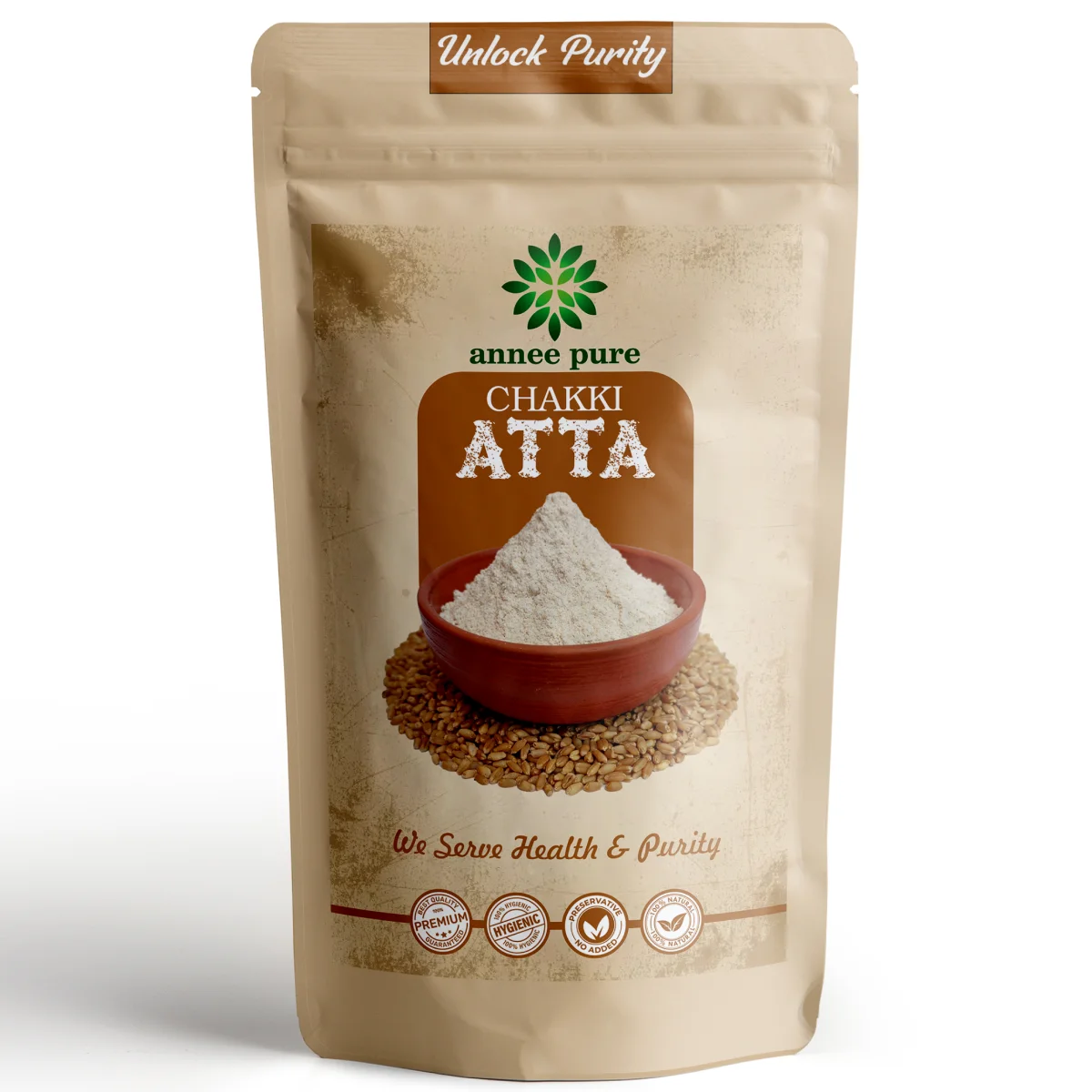
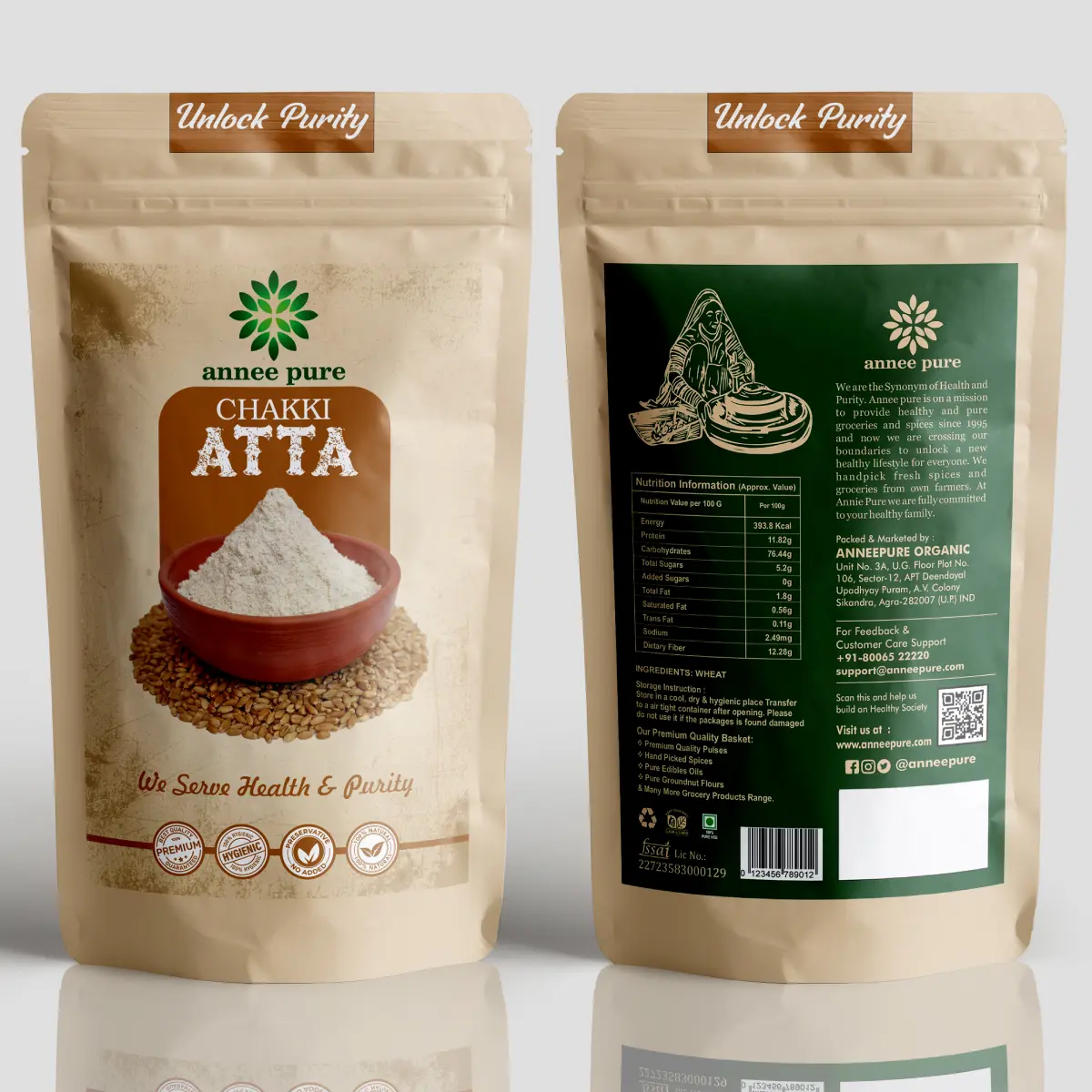

Reviews
There are no reviews yet.